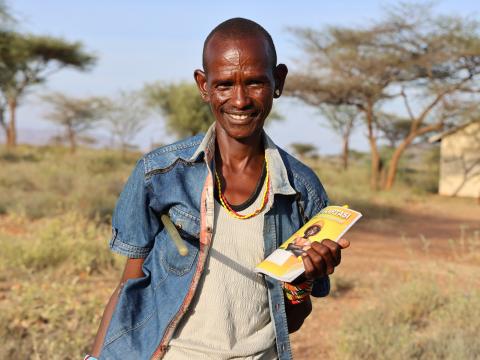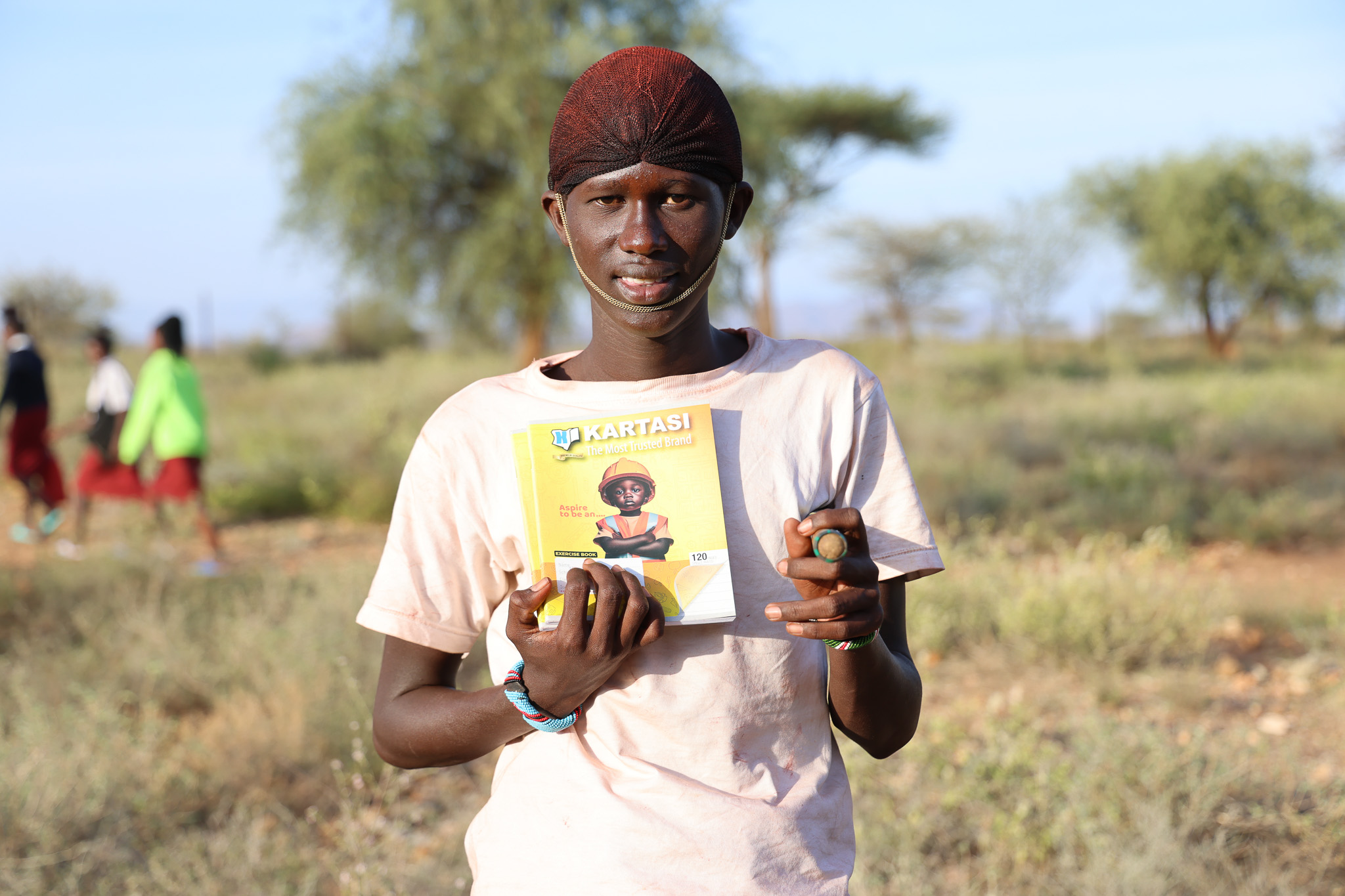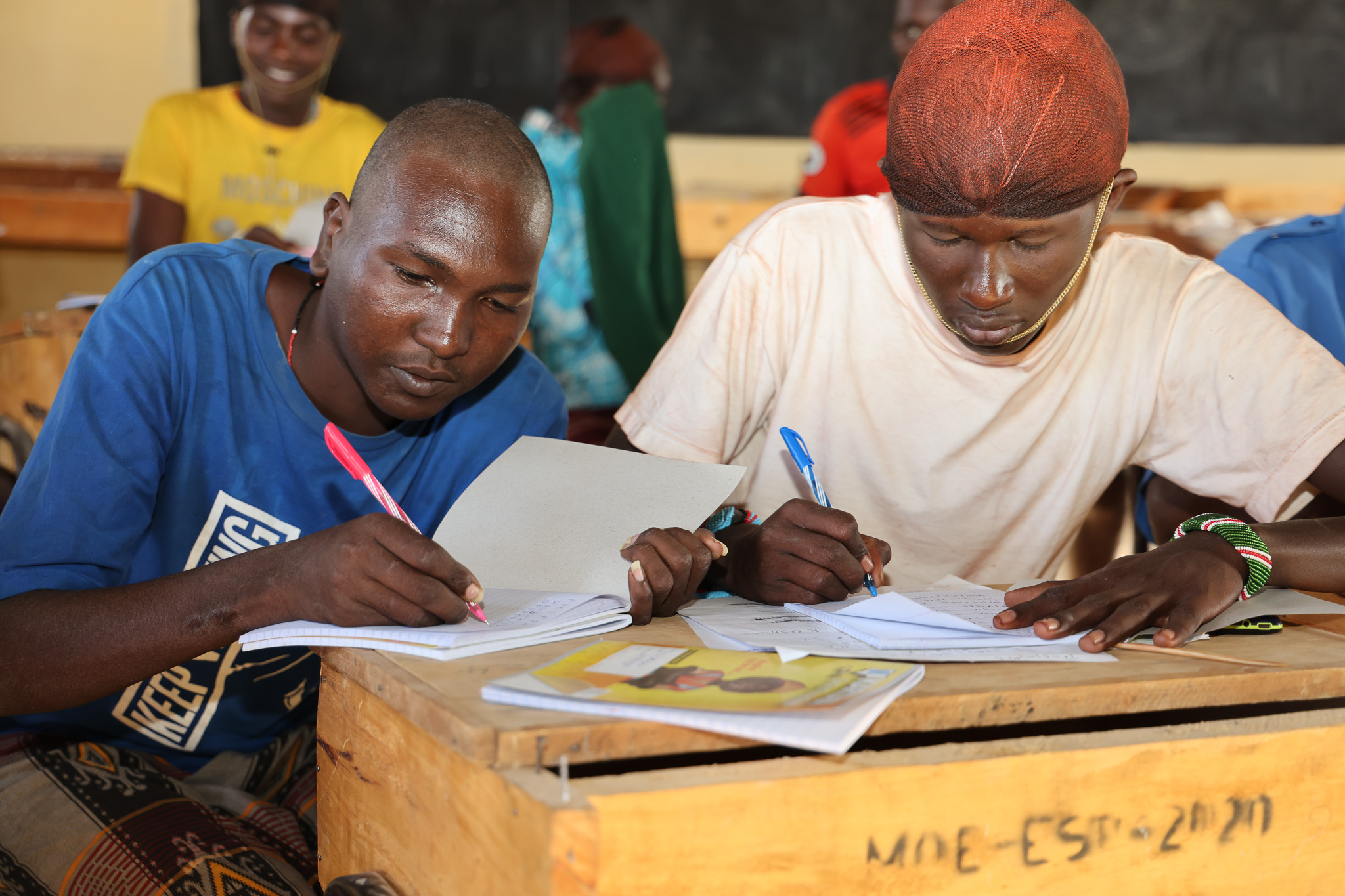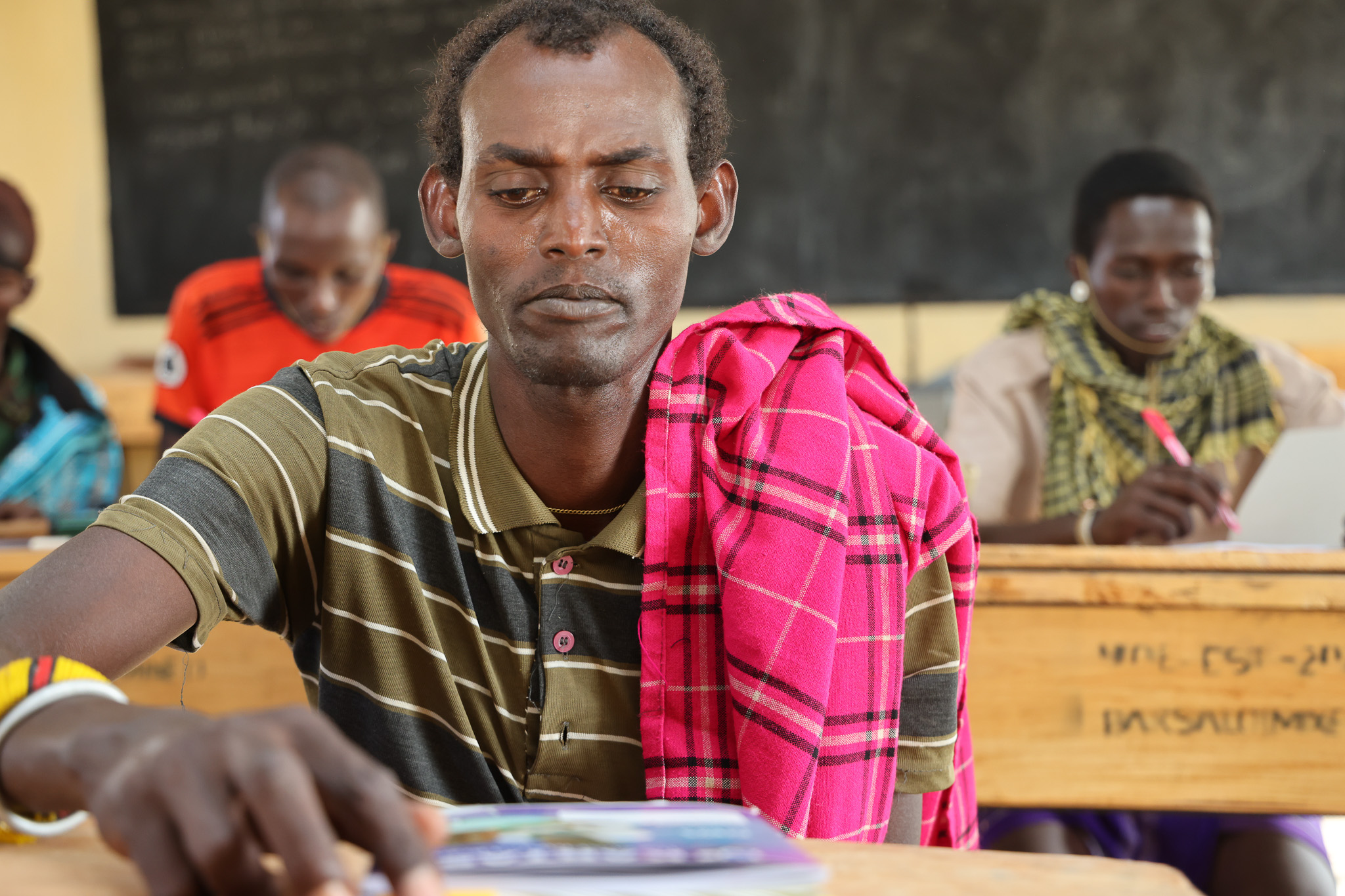Breaking the Cycle: Samburu Morans Embrace Education to End Child Marriage and Harmful Practices

In Samburu County, a quiet revolution is unfolding. A group of thirty young warriors, known as Morans, are taking a stand against deep-rooted traditions that have long shaped their community. Once seen as enforcers of customs like child marriage, girls’ beading and female genital mutilation (FGM), these young men are now at the forefront of change. Thanks to World Vision's Big Dream to End Child Marriage program, they are challenging harmful practices and redefining their roles in society.
For years, these men, aged between 18 and 30, have lived within the rigid expectations of their culture. They all never had the chance to attend school, instead spending their days herding cattle and raiding other communities for cattle, roles passed down through generations. But as they grew older, they began to recognize the limitations of their circumstances. They saw how child marriage trapped families in cycles of poverty and gender-based violence. They understood that education was not just an opportunity, but a necessity. “We had several conversations with men, including the Morans, on the effects of harmful cultural practices on children, and we have seen a gradual shift in mindsets from the Morans”, says Julius Lentawa, Project Manager, Big Dream to End Child Marriage program in Samburu.
Determined to make a difference, the Morans approached the Big Dream to End Child Marriage program and requested support for adult education classes. Their initiative was met with encouragement, and soon, Barsaloi Secondary School welcomed them into a classroom. This was more than just a place to learn, it was a symbol of a community beginning to shift its perspective on the role of men in shaping the future.

At the heart of the education classes was Veronica Tudungwa, a dedicated volunteer teacher. Initially, the idea of a woman leading the classroom met resistance. The Morans, raised in a society where women rarely held positions of authority over men, hesitated to accept her. But as the lessons progressed, their mindsets changed. "They have warmed up to me, and they respect me now," Veronica shares.
Kushra Lengewa, one of the students, speaks about their commitment: “We graze the cattle in the morning, then come to school in the afternoon. We’ve decided to embrace modern education, even if we are older.”
His words reflect a broader realization. The Morans now see how long-standing customs, child marriage, FGM, and the practice of beading young girls have hurt their community. By choosing to step away from these traditions, they are breaking a cycle that has persisted for generations. “We have jointly made a commitment to not bead girls or marry children anymore and to be protectors of our sisters. We would also want to see our younger brothers educated so that they do not end up like us”, adds a visibly emotional Kushra.

Supken Lenkaina, who enrolled in the program with the dream of becoming literate and independent, lets us in on his story. “I have seen other Morans complete technical courses with World Vision’s support, and they’ve started their businesses,” he says. Inspired by their success, he hopes to follow the same path.
This ripple effect is crucial. As the Morans gain knowledge, they pass it on to their peers, challenging old ideas about masculinity and responsibility. They are proving that being a warrior is not just about physical strength—it’s about leadership, wisdom, and creating a better future.
A Vision for Tomorrow
The thirty morans are showing that real change starts from within. By seeking education and questioning outdated traditions, they are paving the way for a Samburu where girls are valued for their potential, not just for marriage. Their efforts are not just personal victories; they are steps toward a future where harmful customs give way to empowerment and opportunity.

By David Nderitu, Communications Officer, World Vision Kenya